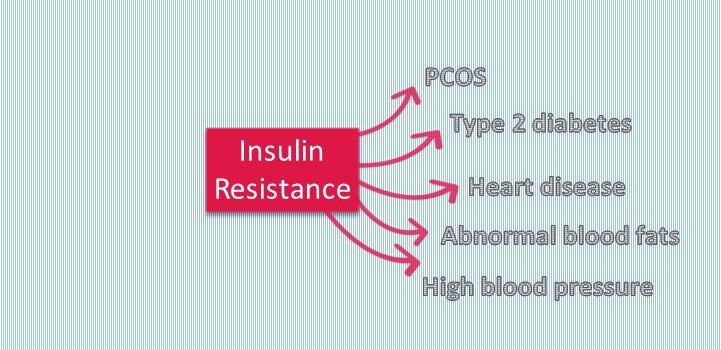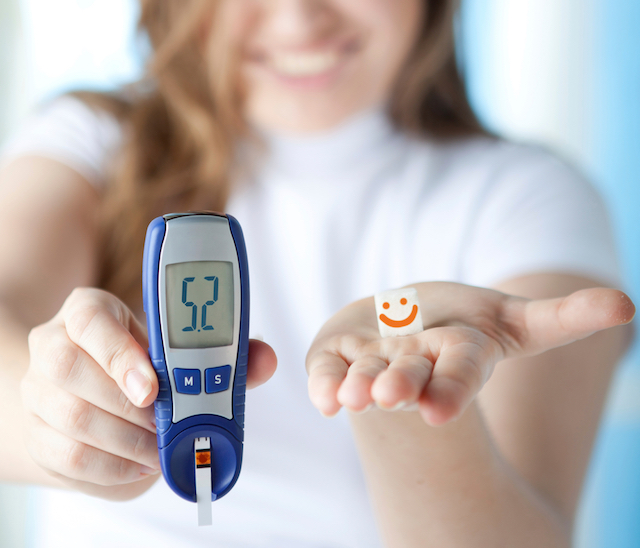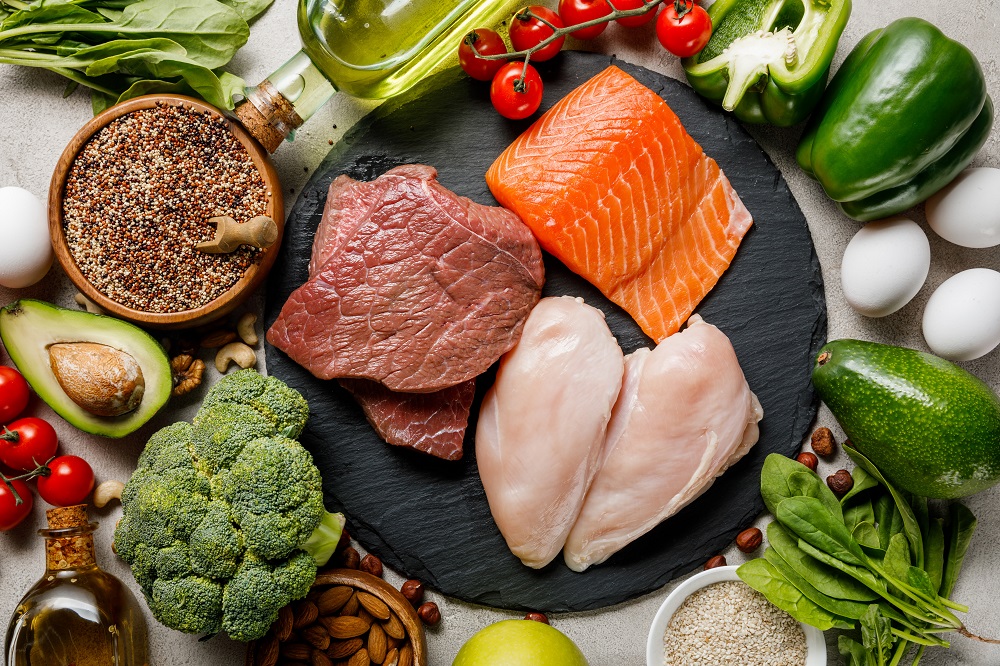- Home
- Blog
- Medical Diets
- Eat to beat Poly Cystic Ovary Syndrome (PCOS)
Eat to beat Poly Cystic Ovary Syndrome (PCOS)
Written by Catherine Saxelby
on Wednesday, 21 August 2019.
Tagged: health, healthy eating, healthy lifestyle, nutrition, PCOS

PCOS is a hormonal imbalance thought to affect 10 per cent of the female population. Its symptoms can be both distressing and unpleasant but they can be alleviated through diet. Take a look…
What are the symptoms of PCOS?
Symptoms may include:
- irregular or absent periods,
- infertility or reduced fertility,
- hirsutism (excess hair growth on the face, chest and abdomen), alopecia (scalp hair loss),
- acne,
- obesity and difficulty losing weight and
- increased risk of miscarriage.
Many women also complain of excessive tiredness and fatigue, hypoglycaemia (low blood sugar), and poor memory and concentration.
Why does it happen?

It’s not known why PCOS develops, but there are a number of different causes. Most women with PCOS are insulin resistant and thus at risk of type 2 diabetes, heart disease, abnormal blood fats and high blood pressure. This means that reducing insulin resistance is not only vital for improving PCOS symptoms (see above), but for reducing any complications that may result from these such as heart disease and diabetes.
Medical treatments
The diabetes drug, metformin, is usually the prescribed treatment. In addition to improving regulation of glucose it also improves ovulation, decreases the risk of miscarriage and turns off the androgens (male hormones). Other medications that make the body more sensitive to insulin may also be given.
Eat to beat PCOS
Central to the treatment of PCOS is regular exercise and weight loss with the aim of improving insulin function and reducing insulin resistance. Even a small weight loss can help to reduce the symptoms. That’s where a healthy diet with a focus on the right type and smaller quantity of carbohydrates is the key. Fish oil supplements can also help.
The key is lower GI and/or lower carbs
Aim to lower your intake of refined carbs and concentrate on those that are either low GI such as pasta and legumes or high in fibre such as bran cereal or wholemeal bread. A report published in the American Journal of Clinical Nutrition investigated the most effective diet for women with PCOS, and found that while both a conventional healthy diet and a low GI diets led to weight loss in the study, the low GI diet also led to improved insulin sensitivity.
 Alternatively, you can opt for a lower carb and higher protein diet if this suits you more. This would apply if you prefer to eat more meat and fish and less bread, pasta, rice and potato. An article in the Journal of Nutrition and Metabolism concludes that a “low carbohydrate diet compares more favorably, at least over the short term, to traditional low fat for improving glycemic control, insulin sensitivity”.
Alternatively, you can opt for a lower carb and higher protein diet if this suits you more. This would apply if you prefer to eat more meat and fish and less bread, pasta, rice and potato. An article in the Journal of Nutrition and Metabolism concludes that a “low carbohydrate diet compares more favorably, at least over the short term, to traditional low fat for improving glycemic control, insulin sensitivity”.
 A lower carb diet should include plenty of salad and vegetables, fish, meat or fat-trimmed chicken, and low-fat dairy foods to make a balanced diet. Fat should be restricted to keep your kilojoules down with a low proportion of saturated fat.
A lower carb diet should include plenty of salad and vegetables, fish, meat or fat-trimmed chicken, and low-fat dairy foods to make a balanced diet. Fat should be restricted to keep your kilojoules down with a low proportion of saturated fat.
If you spread your meals, snacks and drinks out over the day this will make the load easier on your body than three big meals a day.
The bottom line
While you do need to have your PCOS managed by a doctor, you can help to reduce your insulin resistance and blood glucose levels by consuming a low GI/ low carb diet, taking fish oil supplements and adding moderate exercise to your lifestyle.
Foodwatch
The Good Stuff
The Boring Stuff
© 2025 Foodwatch Australia. All rights reserved
Website by Joomstore eCommerce





